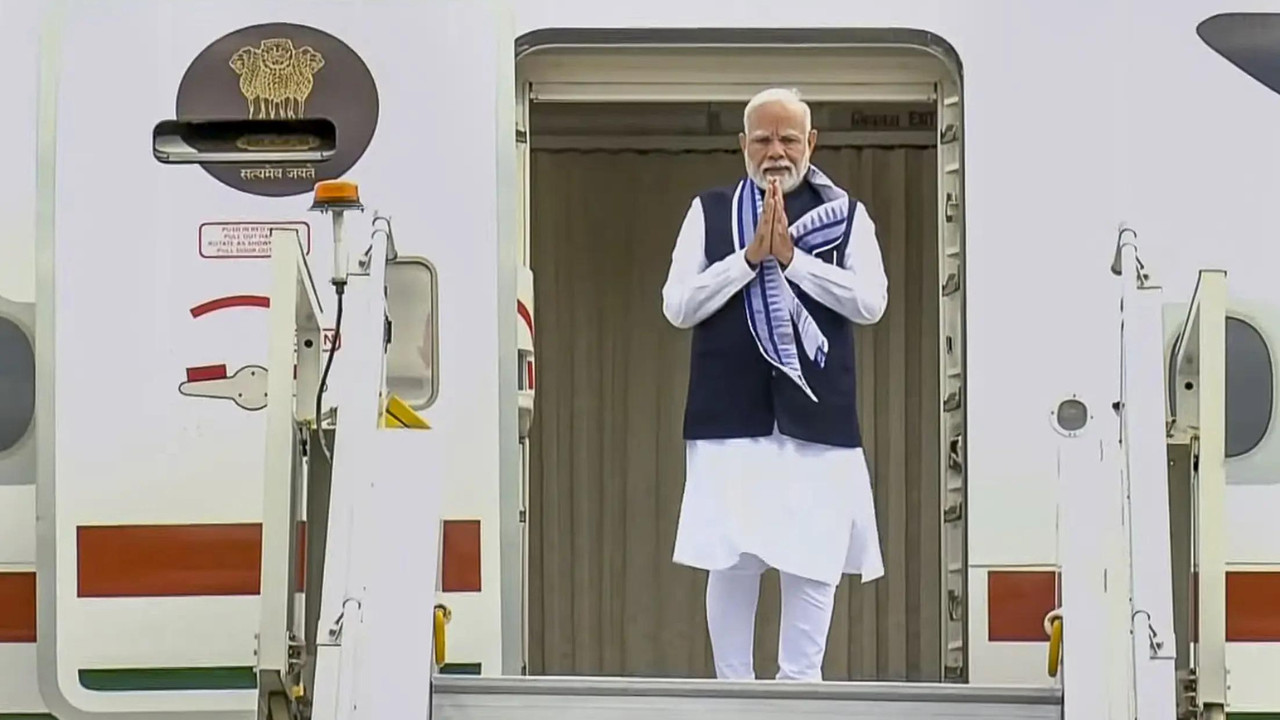Prime Minister Modi’s upcoming visit to Namibia on July 9 aims to strengthen strategic ties, focusing on diamonds, critical minerals, and uranium. Namibia’s rich marine diamond reserves could see more direct trade with India, where several processing companies already operate.
Namibia Beckons: Will Modi’s Visit Spark a Diamond-Studded Partnership?
Prime Minister Modi’s upcoming visit to Namibia isn’t just a diplomatic courtesy; it’s shaping up to be a high-stakes play with the potential to reshape India’s access to vital resources. While the official itinerary is under wraps, the buzz centers on securing deals for diamonds, critical minerals, and uranium – resources that are increasingly crucial for India’s burgeoning economy and ambitious technological aspirations.
Namibia, a nation blessed with immense mineral wealth, presents a compelling opportunity for India. Forget dusty trade agreements; we’re talking about forging a strategic alliance that could impact everything from India’s energy security to its position in the global diamond market.
Diamonds are Forever (and Essential for India’s Economy)
India’s diamond industry is a powerhouse, contributing significantly to the nation’s GDP. But sourcing rough diamonds reliably is a constant challenge. Namibia, a major producer of gem-quality diamonds, could become a key supplier, providing a stable and predictable source for Indian manufacturers.

Imagine a future where Indian artisans have consistent access to high-quality Namibian diamonds, fueling growth and innovation within the industry. This visit could lay the groundwork for long-term contracts and collaborations, streamlining the supply chain and benefiting both nations. The focus on Namibia diamonds is not just about sparkle; it’s about securing a vital economic lifeline. This is further elaborated on in our earlier piece discussing the challenges and opportunities within India’s diamond sector; consider reading “Navigating the Luster: India’s Diamond Industry in Transition.”
Beyond the Sparkle: Critical Minerals and India’s Tech Ambitions
The conversation extends far beyond diamonds. India’s quest to become a global tech leader hinges on access to critical minerals – elements essential for everything from electric vehicle batteries to advanced electronics. Namibia is rich in these resources, including lithium, cobalt, and rare earth elements.
Securing access to these minerals isn’t just about fueling technological progress; it’s about reducing India’s reliance on other nations for these vital resources. A deal with Namibia could diversify India’s supply chain, strengthening its strategic autonomy and paving the way for a more self-reliant tech sector. We could see joint ventures in mining and processing, fostering technological exchange and creating jobs in both countries.
Powering the Future: Uranium and Energy Security
India’s energy needs are growing exponentially, and nuclear power is a key component of its long-term energy strategy. Namibia holds substantial uranium reserves, making it an attractive partner for India. Discussions surrounding uranium supply could unlock a new avenue for India to diversify its energy sources and reduce its dependence on fossil fuels.
This isn’t just about securing uranium; it’s about investing in a cleaner, more sustainable energy future. Collaborations in uranium exploration and processing could also create opportunities for technological transfer and capacity building in both countries. The potential benefits are enormous, ranging from reduced carbon emissions to enhanced energy security.
A Partnership Built on Mutual Benefit?
Modi’s visit underscores the growing importance of resource diplomacy in a world increasingly shaped by geopolitical competition. Namibia stands to gain from India’s expertise in mining, processing, and technology. India, in turn, seeks a reliable and diversified source of essential resources.
The success of this visit will depend on striking a balance that benefits both nations. Mutually beneficial agreements, transparent partnerships, and a commitment to sustainable development will be crucial for building a lasting and prosperous relationship between India and Namibia.
Conclusion:
The stakes are high as Prime Minister Modi embarks on this crucial visit. The potential for India to secure vital resources like diamonds, critical minerals, and uranium from Namibia could significantly impact its economic growth, technological advancement, and energy security. A successful partnership built on mutual benefit and sustainable practices could reshape India’s strategic position on the global stage and provide Namibia with the resources to grow and support their country’s population.







